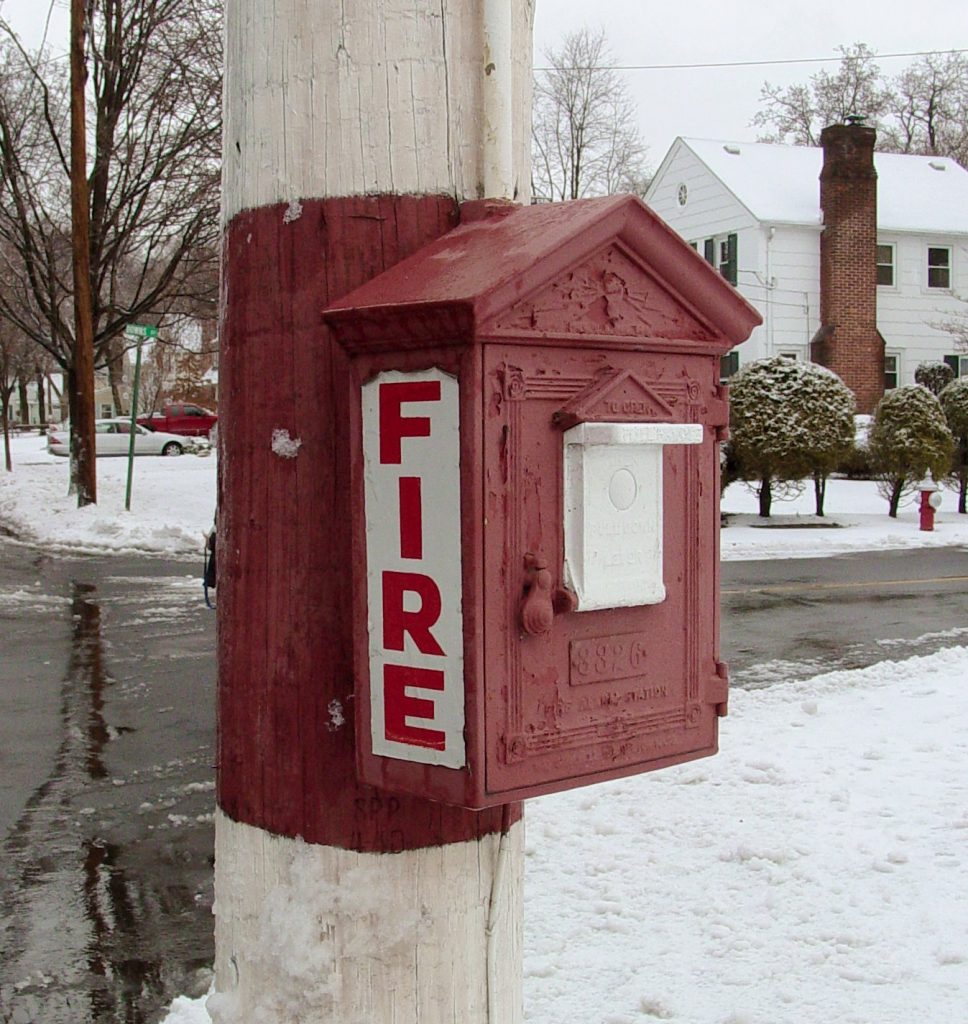It is said that “perfect love casts out fear.” So why do so many religious leaders rely on fear to motivate their followers? Two writers explore the question.
James K.A. Smith writes in the Washington Post talks about the “new alarmism:”
A spate of recent books from Christian leaders and intellectuals seem to have stolen this script, swelling the jeremiad shelf. We might describe this as “the new alarmism.”
In Philadelphia Archbishop Charles Chaput’s “Strangers in a Strange Land,” it is a character named “Obergefell” from the Supreme Court case legalizing gay marriage that lurks outside the door in a black knit cap. Do you know where your children are?
In “Out of the Ashes,” Providence College professor Anthony Esolen reaches back beyond the home security commercial to replay the end-of-civilization script. Sensing his own exaggeration, he doubles down, writing, “Sometimes entire civilizations do decay and die, and the people who point that out are correct.” (That’s all in italics in the original, by the way.) The surest sign of alarmism is when they tell you: “This isn’t alarmist!”
And in his much-anticipated book, “The Benedict Option,” blogger Rod Dreher has seen the apocalypse: “There are people alive today who may live to see the effective death of Christianity within our civilization. By God’s mercy, the faith may continue to flourish in the Global South and China, but barring a dramatic reversal of current trends, it will all but disappear entirely from Europe and North America. This may not be the end of the world, but it is the end of a world, and only the willfully blind would deny it.” Note, again: if you’re not alarmed, you’re not seeing things, a circular reasoning to help work yourself into a froth of fear.
The key to be a true alarmist, says Smith, is to tell people who are already anxious (and who agree with you) that they are not alarmed.
These are books intended for choirs: they are written to confirm biases, not change minds. They are not written to be overheard. If you’re not part of the alarmist choir, reading these books will sometimes feel like watching video smuggled out of secret meetings in underground bunkers.
Emma Green, writing in The Atlantic, looks at why one of the dominant religious traditions in America feels persecuted.
In February, pollsters at the Public Religion Research Institute asked Americans about their impressions of discrimination in the United States. Two religious groups were included on the list of those who might face bias: Christians and Muslims. Depending on who was answering, the responses were wildly different.
Overall, people were twice as likely to say Muslims face discrimination as they were to say the same thing about Christians. Democrats were four times more likely to see Muslim vs. Christian discrimination, and non-religious people more than three. White Catholics and white mainline Protestants were both in line with the American average: Each group was roughly twice as likely to say Muslims face discrimination compared to how they see the Christian experience.
The people who stuck out, whose perceptions were radically different from others in the survey, were white evangelical Protestants. Among this group, 57 percent said there’s a lot of discrimination against Christians in the U.S. today. Only 44 percent said the same thing about Muslims. They were the only religious group more likely to believe Christians face discrimination compared to Muslims.
image by Ben Schumin from Flickr, used under a creative commons license

